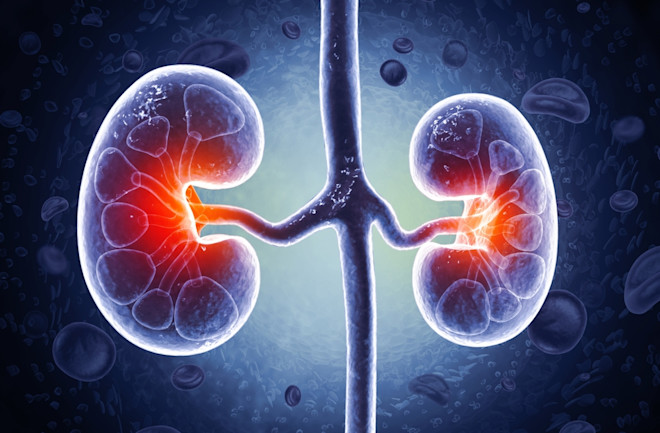
Kidneys are like your body’s detox superheroes, they filter waste, balance fluids, regulate blood pressure, and even keep your bones healthy. But with rising chronic kidney issues around the world, many are turning to new wellness trends, including hydrogen water. So what’s the deal? Can sipping hydrogen-rich water really make a difference for your kidney health? Let’s take a look at what we know, and what we don’t.
What is Hydrogen Water?
Hydrogen water is simply regular water infused with molecular hydrogen (H₂), a tiny, tasteless, odorless gas known for its antioxidant properties. It’s been gaining popularity for its potential health benefits, from fighting fatigue to supporting metabolic and cardiovascular health.
But how does this relate to kidney health?
Antioxidants and the Kidneys
Your kidneys are vulnerable to damage from oxidative stress, which happens when harmful free radicals outnumber antioxidants in the body. This can be triggered by things like high blood pressure, diabetes, or exposure to toxins.
Here’s where hydrogen water may help:
1.Acts as a selective antioxidant: H₂ targets harmful free radicals (like hydroxyl radicals) while leaving helpful ones untouched.
2.Reduces inflammation: Some studies suggest hydrogen water may reduce markers of inflammation in the kidneys.
3.Protects kidney cells: Animal studies have shown hydrogen can reduce kidney damage in models of acute kidney injury and chronic kidney disease.
What Does the Research Say?
While the science is promising, it’s still early days, especially when it comes to human trials.
Here’s a quick snapshot:
Animal Studies: Research on rats has shown that hydrogen-rich water may reduce renal oxidative stress, improve kidney function markers, and reduce tissue damage.
Human Studies: Limited, but a few small trials have looked at patients on dialysis and those with metabolic syndrome. Some reported reduced oxidative stress and improved quality of life, but results are not yet conclusive.
More high-quality, large-scale clinical trials are needed before we can call hydrogen water a kidney health game-changer.
Important Limitations to Keep in Mind
Before you start chugging hydrogen water by the liter, let’s be clear, it’s not a cure or replacement for medical treatment.
Here are a few limitations:
Not a substitute for medication: If you have kidney disease, stick with your doctor’s advice. Hydrogen water might be a helpful complement, not a solution.
Varied product quality: Not all hydrogen water bottles or machines are equal. Some don’t produce enough H₂ to have any real effect.
Short shelf life: H₂ gas escapes quickly, so timing and storage matter.
How to Add Hydrogen Water to Your Routine (Safely)
If you're curious to try it out, here’s how to do it responsibly:
Choose a reputable product: Look for certified hydrogen generators or bottles with test results showing dissolved hydrogen concentration.
Stay hydrated overall: Hydrogen water is still water, so drink it in place of sugary drinks or sodas.
Track how you feel: Everyone’s body is different. Monitor any changes in energy, digestion, or inflammation symptoms, but don’t expect miracles overnight.
Final Thoughts: A Gentle Supporter, Not a Miracle Fix
Hydrogen water may offer supportive benefits for kidney health, especially through its antioxidant effects. But it’s not a stand-alone treatment. Think of it more like a gentle ally, something that might help your kidneys along the way, not carry the whole load.
As always, check in with your healthcare provider before making any big changes to your routine, especially if you’re managing a kidney condition.
References
Sun, Q., Kang, Z., Cai, J., et al. (2011). Hydrogen-rich saline protects myocardium against ischemia/reperfusion injury in rats. Experimental and Clinical Cardiology, 16(2), 63–68.
Guan, W. (2019). Clinical application of hydrogen water in hemodialysis patients. Nephrology Nursing Journal, 46(1), 65–72.
Qian, L., Cao, F., Cui, J., et al. (2010). The potential cardioprotective effects of hydrogen in irradiated mice. Journal of Radiation Research, 51(6), 741–747.
Meng, Q., Peng, Z., Chen, L., et al. (2016). Protective effect of hydrogen-rich saline on acute kidney injury in a rat model of sepsis via inhibiting oxidative stress and inflammation. Renal Failure, 38(4), 543–550. https://doi.org/10.3109/0886022X.2015.1120871











